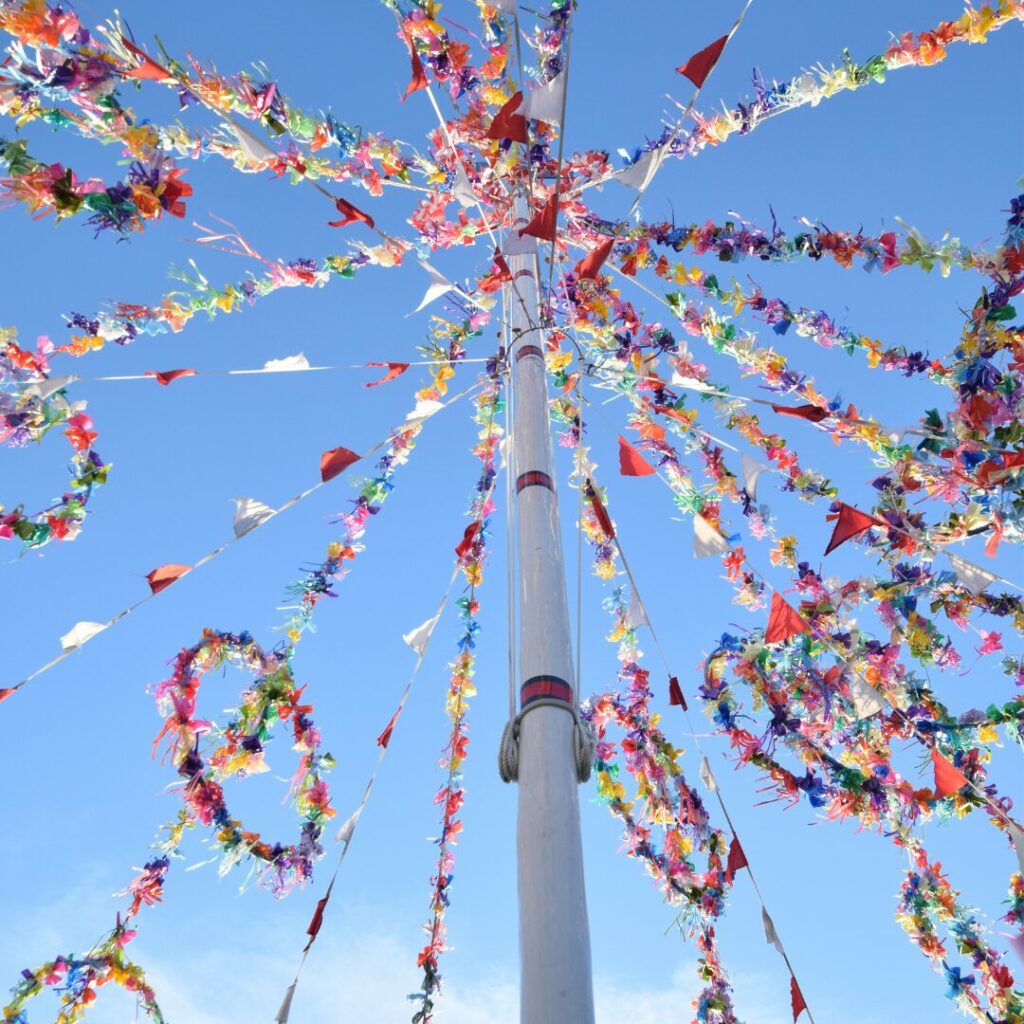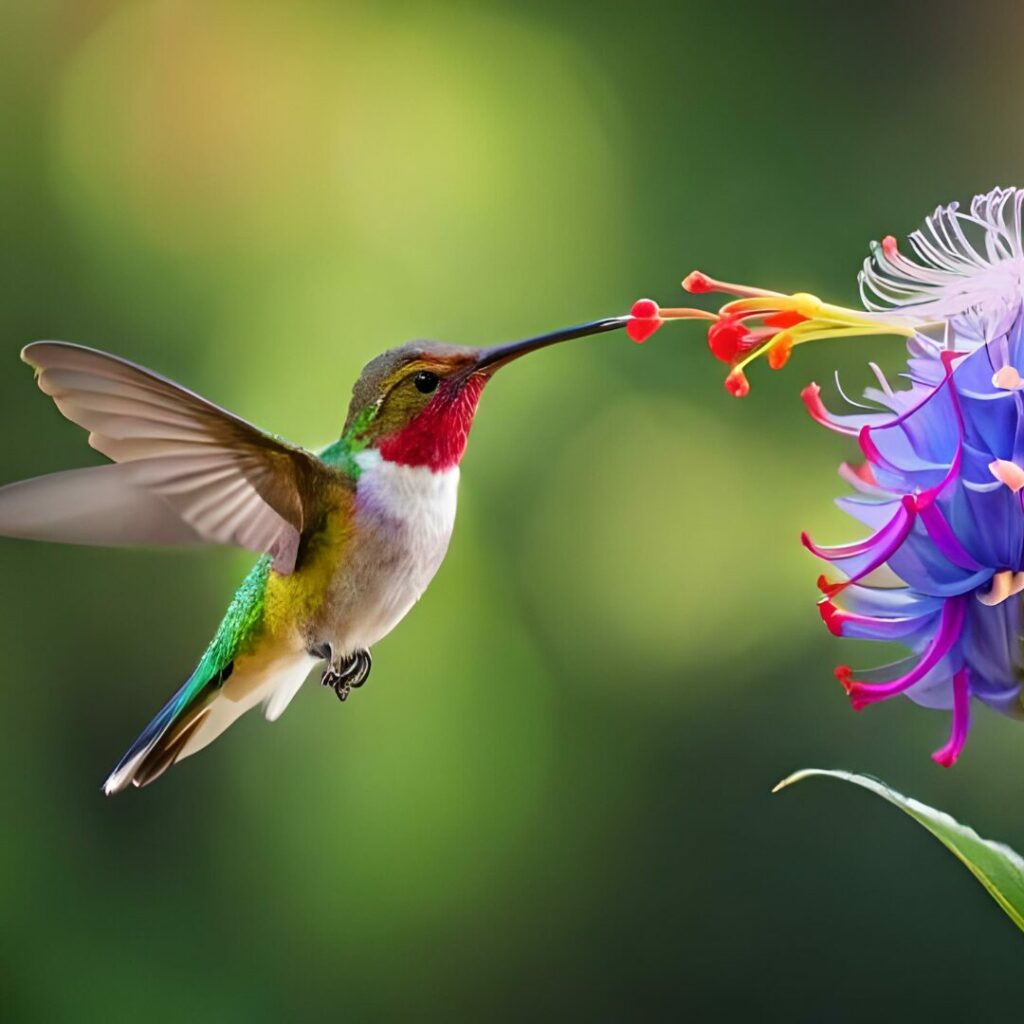May, the vibrant month of blooming flowers and warmer days, comes from Maia, the goddess of Greek fertility. As we embrace May’s blossoms and renewal, let’s delve into the fascinating origins of this month’s name.
The Mythical Maia: A Glimpse into Greek Lore
Maia, the eldest of the Pleiades sisters, holds a significant place in Greek mythology. She represents growth, rebirth, and the nurturing forces of nature. In Greek tradition, Maia was revered as a goddess for fostering growth and abundance, much like the fertile soils that yield bountiful crops in spring.
The Legacy of Maia in Modern Celebrations
The spirit of Maia continues to inspire us today, especially during the month that bears her name. May is a time of fertility and growth—the perfect time for planting gardens, celebrating Mother’s Day, and enjoying outdoor activities.
- Gardening: As the earth awakens from its winter slumber, many people take up gardening. Thus allowing them to cultivate their piece of fertility
- Mother’s Day: A day to honor the nurturing qualities that Maia embodies. Mothers and maternal figures are celebrated for enriching our lives.
- Outdoor Activities: Whether it’s hiking, picnicking, or enjoying a walk in the park, May invites us to embrace nature’s fertility.
May: More Than Just a Name
Beyond its connection to Maia, May has woven itself into the fabric of cultures around the world. In ancient Rome, May was dedicated to the goddess Flora, celebrating the blossoming of flowers. Similarly, in Celtic traditions, May Day festivities marked the beginning of summer with dancing around the Maypole.
As we enjoy May’s beauty and vitality, let’s remember the goddess Maia and her timeless message of growth and renewal. Her legacy lives on in the fertility of the land and the nurturing spirit of the season.
Stay in touch with the world around you by subscribing to the Compass Ohio newsletter.






